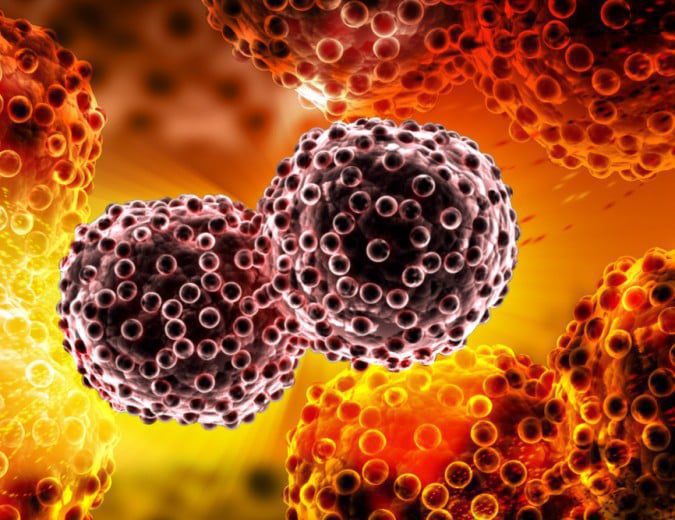Marijuana can help in the fight against cancer, according to the United States Federal Government.
Say what?
Yes, that’s the same United States Federal Government which classifies cannabis as a Schedule I controlled substance with no accepted medical benefits. Since 1970, it has been categorically illegal to sell, possess or grow marijuana under federal law. Yet posted for all the world to see on the National Institute of Drug Abuse website is this paragraph:
“Recent animal studies have shown that marijuana extracts may help kill certain cancer cells and reduce the size of others. Evidence from one cell culture study suggests that purified extracts from whole-plant marijuana can slow the growth of cancer cells from one of the most serious types of brain tumors. Research in mice showed that treatment with purified extracts of [tetrahydrocannabinol (THC) and cannabidiol (CBD)], when used with radiation, increased the cancer-killing effects of the radiation.”
The NIDA goes on to acknowledge that trials are also underway to study the benefits of marijuana in treating HIV/AIDS, multiple sclerosis, Alzheimer’s disease, inflammation, pain, seizures, addiction and mental disorders.
Twenty-three states plus Washington, D.C. currently allow the use of medical marijuana, and patients across the country are finding relief for a multitude of ailments and symptoms. The latest cancer study might be the most promising glimpse yet at the still unfolding medicinal benefits of the plant.
“Both THC and CBD have been shown in a number of laboratory studies to effectively induce cell death in tumor cells by modifying the faulty signalling pathways inside these cells,” researcher Wai Liu wrote in the Washington Post. “Depending on the cell type, this can disrupt tumor growth or start to kill it.”
Despite the evidence, the federal Drug Enforcement Agency is not on board, maintaining a strict prohibition on cannabis. A Department of Justice spokesperson recently even suggested that the agency might still prosecute medical users even though Congress last year specifically forbade the government from spending money to undermine state medical marijuana laws.
That leaves the nation in a situation where it seems like the left hand of the government doesn’t know what the right hand is doing. “These are all just parts of the major hypocrisy within the federal government when it comes to the issue of marijuana,” Malik Burnett, policy manager at the Drug Policy Alliance, said to VICE News. “We have the Justice Department continuing to threaten patients with arrest and prosecution in spite of the fact that Congress has voted to prevent the Justice Department from interfering with states that have passed medical marijuana laws.”
The NIDA’s acknowledgment could also be part of a larger, gradual relaxation of federal laws. Last year, the DEA said that it would consider removing marijuana from Schedule I, and the U.S. Senate is considering a bill that would push it to the more lenient Schedule II. The Obama Administration has also announced that in most circumstances it will not interfere with states that have legalized cannabis for recreational use.
All the signals are pointing toward a day in the not-too-distant future when marijuana loses its prohibited status and becomes available to a much greater percentage of people who stand to benefit from its therapeutic uses. But for now, the cognitive dissonance remains, with one government agency still insisting that marijuana has no medical use while another touts its benefits.
